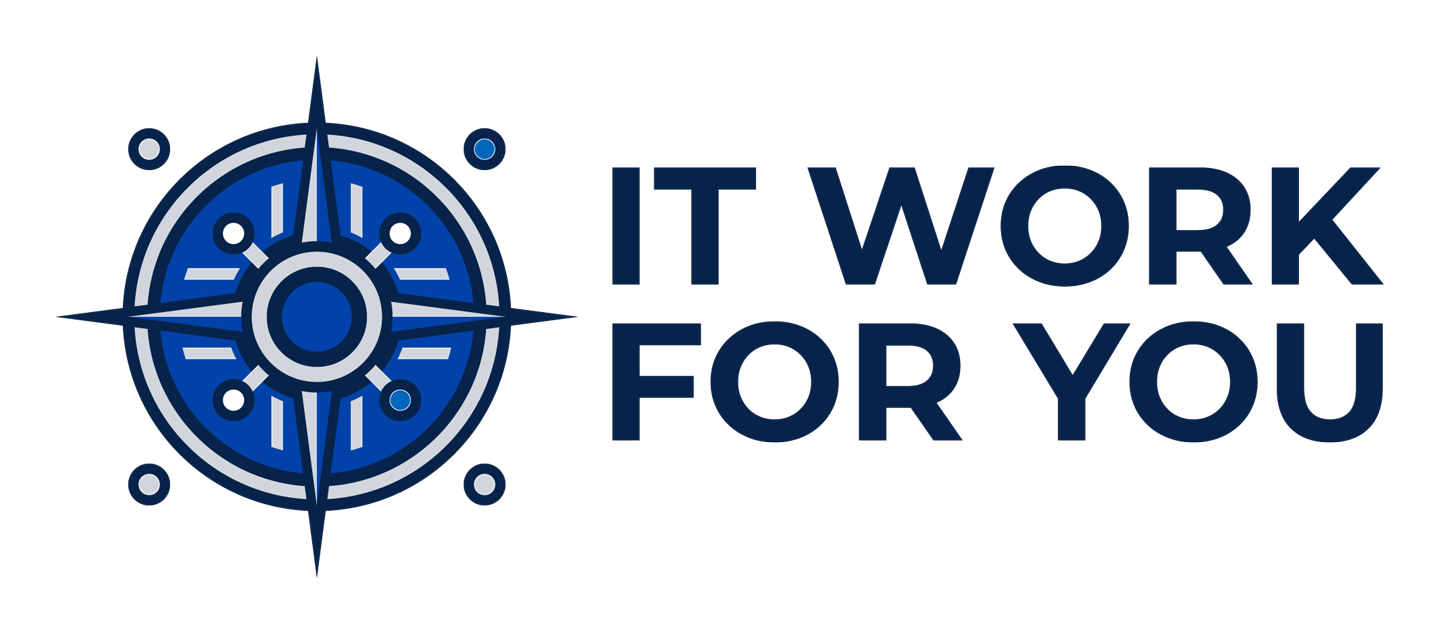In today’s digital landscape, cyber threats are no longer a problem only for large enterprises. Small businesses are increasingly becoming prime targets for cybercriminals due to often weaker security measures and valuable customer and financial data. One of the most effective ways to enhance security without significant investment is by implementing Multi-Factor Authentication (MFA).
What is Multi-Factor Authentication (MFA)?
MFA is a security measure that requires users to provide two or more forms of verification before accessing an account or system. These factors typically fall into three categories:
- Something You Know: A password or PIN
- Something You Have: A smartphone, security key, or authentication app
- Something You Are: Biometric verification such as a fingerprint or facial recognition
By requiring multiple verification steps, MFA significantly reduces the risk of unauthorized access, even if a hacker manages to steal a password.
Why MFA is Essential for Small Businesses
- Protects Against Credential Theft: Passwords alone are no longer sufficient. With phishing attacks, credential stuffing, and data breaches on the rise, hackers can easily obtain employee login credentials. MFA adds an extra layer of security, ensuring that stolen passwords alone are not enough to gain access to business systems.
- Reduces the Risk of Data Breaches: A data breach can be devastating for a small business, leading to financial loss, reputational damage, and even legal consequences. MFA helps prevent unauthorized access to sensitive customer and business data, reducing the likelihood of costly breaches.
- Helps Meet Compliance Requirements: Many industries have strict security regulations, such as GDPR, HIPAA, and PCI-DSS, which require businesses to implement strong authentication measures. MFA helps small businesses comply with these regulations and avoid fines or legal issues.
- Enhances Remote Work Security: With remote work becoming more common, employees access business systems from various locations and devices. MFA ensures that even if an employee’s credentials are compromised, unauthorized users cannot easily access company resources.
- Cost-Effective Security Measure: Unlike expensive security tools, MFA is a relatively low-cost solution that provides a high level of protection. Many cloud services, including Microsoft 365 and Google Workspace, offer built-in MFA options that small businesses can easily enable without additional costs.
- Builds Customer and Partner Trust: Customers and business partners expect companies to take cybersecurity seriously. Implementing MFA demonstrates a commitment to protecting sensitive information, helping to build trust and credibility in the marketplace.
How Small Businesses Can Implement MFA
- Enable MFA on Business-Critical Accounts: Start with email, financial accounts, and customer databases.
- Use Authenticator Apps: Instead of SMS-based MFA (which can be vulnerable to SIM swapping), use apps like Google Authenticator, Microsoft Authenticator, or Authy.
- Educate Employees: Train staff on the importance of MFA and how to use it effectively.
- Enforce MFA Policies: Require MFA across all business systems and services.
- Regularly Review Security Settings: Cyber threats evolve, so ensure MFA settings are up to date.
Conclusion
Small businesses cannot afford to overlook cybersecurity. With the increasing number of cyberattacks targeting small organizations, implementing MFA is a simple yet powerful way to enhance security. By adding an extra layer of protection to accounts and systems, MFA helps safeguard sensitive data, maintain compliance, and build trust with customers and partners. Don’t wait for a security breach to happen—enable MFA today and take a proactive step towards a more secure business future.
If you would like to find out which technologies work best for your business, book a free Virtual Discovery meeting today!
